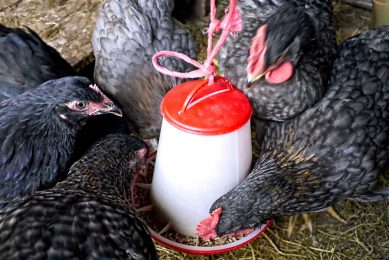Chinese corn processors bet on bio-fuel
Chinese corn processors are betting on bio-fuel production despite recent government curbs on expansion of the industry due to surging grain prices.
Due to worries of grain supply shortages, the Chinese government last month
halted approval of new projects that process corn into ethanol, to be used for
car fuel.
However, huge profits have lured investors and local
governments to continue preparing new projects, with an annual output of more
than 10 million tonnes of fuel ethanol planned, almost ten times the current
1.02 million tonnes.
The government estimates that ethanol addition to
gasoline will account for half of domestic gasoline consumption by 2010, which
is 2.5 times the current percentage.
Meanwhile, some processors dodge
policy restrictions by claiming to make alcohol, which can be conveniently
turned into fuel ethanol once the government eases limits.
More corn
for ethanol
China’s corn processors are expanding their production
capacity of alcohol by an estimated 1.6 million tonnes per year, according to
China National Grain and Oils Information Centre.
The government has
urged development of bio-fuels with non-grain crops, like sorghum and cassava,
amid concerns of grain supply and price stability. However, enterprises,
especially in corn-rich northeast China, still favour corn processing for easier
access to raw materials, low costs and mature technologies, while local
governments tend to approve new projects to draw investment.
More than 23
million tonnes of corn were processed into ethanol and other products of
industrial use last year, an increase of 84% from 2001, while the output of corn
only grew by 22%.
China will become a net corn importer in the next two
years, according to research by the Dalian Commodity Exchange and the National
Grain and Oils Information Centre.
Expanding industrial demand, along
with increasing need for corn by livestock and the reluctance of corn growers to
sell in expectation of higher prices, contributed to a 6.8% rise in the price of
corn in 2006.











